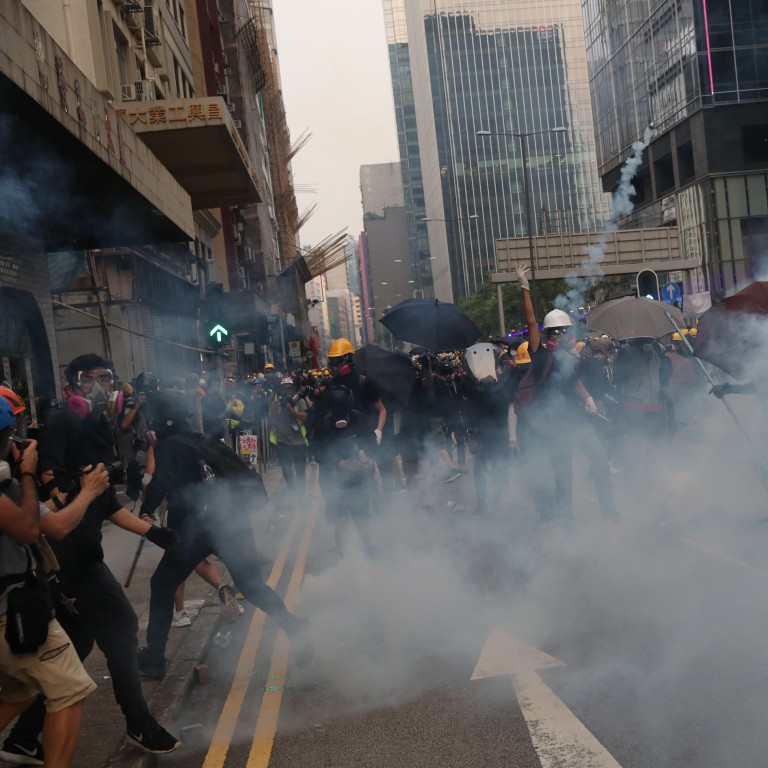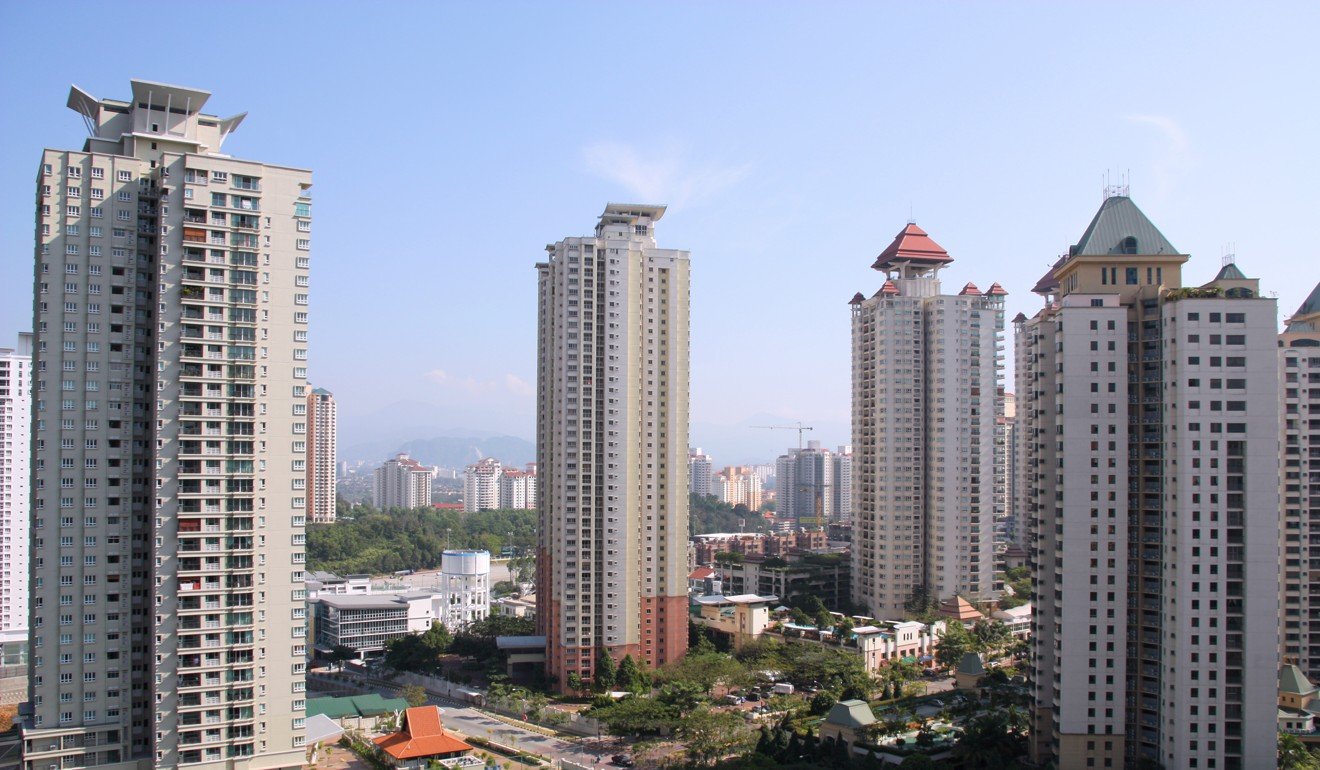
Hongkongers eyeing move to Malaysia amid unrest ‘must not be running away from something’
- Officials caution applicants to My Second Home scheme that a strict vetting process is in place amid concerns that Hongkongers involved in illegal acts could seek refuge abroad
- Agents for the programme have reported a rise in interest from the city of 20 to 30 per cent
Tourism, arts and culture ministry secretary general Isham Ishak warned that residents of the city must be genuine applicants and pass a stringent vetting process.
“We will do background checks,” he told Malaysian state media amid concerns that Hongkongers involved in illegal acts could seek refuge abroad.
Hong Kong home buyers snub Singapore in favour of cheaper options
“We don’t have the figures as it takes time to process the applications, and on Hong Kong’s side they must apply for a good conduct clearance certificate, but I believe there is about 20 to 30 per cent more interest,” Lim said.
Applicants must submit documents certifying they do not have a criminal record. Bloomberg reported this week that applications for these “good citizenship cards” jumped almost 50 per cent in the first two weeks of August compared with the same period last year.
Lim said Malaysian developers were also more aggressively marketing the migration scheme to Hong Kong residents, “flying to the city every weekend”.
“Applicants are usually older Hongkongers, rich ones looking to retire. Perhaps the protests have accelerated the process, encouraged them to make decisions faster,” he said.
Malaysia’s relatively affordable cost of living, spacious properties and Cantonese-speaking diaspora made it an ideal choice, he added.
But Isham cautioned that “interest and actual applications are two different things”. He said he had not seen any recent increase in submissions, but since 2017 there had been a steady rise of about 20 per cent yearly.

One report this week claimed the programme had received 251 applications from Hong Kong already this year, but the number approved was not available. In the whole of last year only 193 were given the green light, according to the tourism ministry. Worldwide, applications this year have hit 3,500.
Successful applicants are afforded largely unrestricted travel into and out of Malaysia as well as tax exemptions. But the eligibility criteria are strict and include liquid assets of between 350,000 and 500,000 Malaysian ringgit (US$83,200 to US$118,800) and a minimum price on buying property.
Singapore becomes an option for Hongkongers amid political crisis
Lawyer Sam Choong, who has worked with applicants to the My Second Home scheme for more than a decade, said the vetting Isham described was “normal process”.
“There’s no special treatment for this Hong Kong situation. We are not giving you an extra welcome, but we are not giving you extra scrutiny either.”

Choong said he had also received 30 per cent more inquiries from the city.
The application process can take anywhere from six to eight months. The financial requirements are based on age and final decisions are made by the Ministry of Home Affairs.
“I don’t think you would want to have a criminal record at all, because there are so many people applying, they don’t really need to clarify [the reasons for a rejection],” Choong said.
Hong Kong millionaires flock to Australia amid unrest
Applicants with a reputation for being “unruly” but without any criminal record could still be rejected, the lawyer added, particularly if their conduct had been widely reported in the press. However, the most important criteria were financial, he said.
Applicants aged 50 or above must have a monthly income of 10,000 ringgit and liquid assets of at least 350,000, while those aged 49 or below must have earnings of 10,000 ringgit and liquid assets of 500,000. The former group must lay down a deposit of 150,000 ringgit in Malaysia and the latter 300,000.
Additional reporting by Zoe Low

